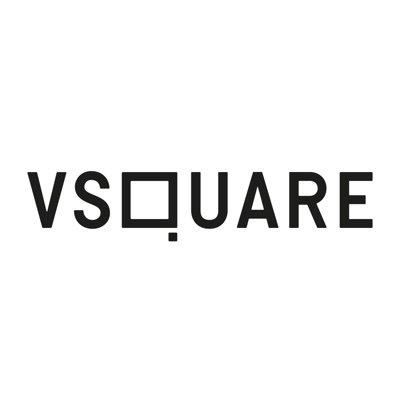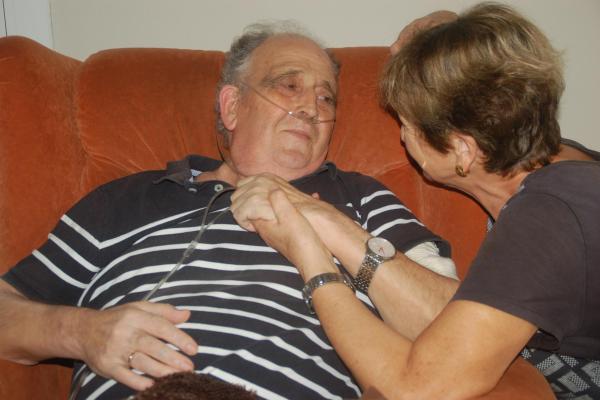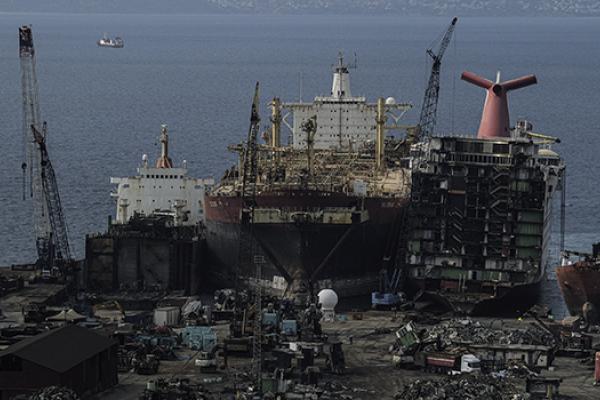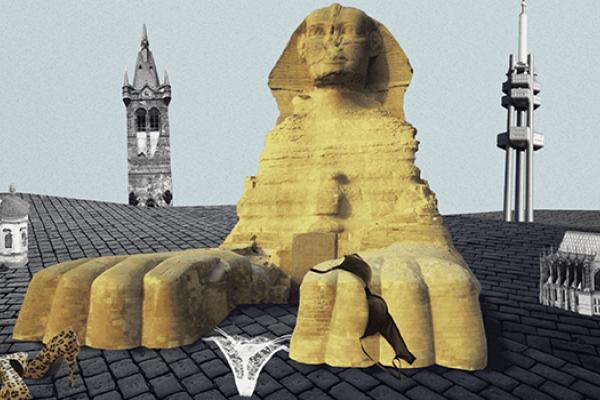The name “VSquare” comes from “V4,” an abbreviation of the Visegrád Four country group, which is made up of the Czech Republic, Hungary, Poland, and Slovakia. A “square” is a figure with four equal sides, but it is also an open area, often used as the site of meetings and public discussions and debates.
In the spring of 2017, a group of independent investigative journalists from the four Visegrád countries decided to join forces and create VSquare, a regional collaborative platform where they could present their investigations to an international, English-speaking audience. Warsaw-based non-profit journalistic center Reporters Foundation (Fundacja Reporterów) became the publisher of VSquare, and support from the National Endowment for Democracy (NED) helped to kick off the project.
Over the years, VSquare has become one of the leading regional voices of investigative journalism in Central Europe. We offer unique cross-border coverage of vital topics in our region (Russian influence, disinformation, espionage, Chinese influence, corruption, environmental crime, radical movements, illiberal trends, and press freedom, to name a few).
Today, the network consists of the top non-profit investigative journalism centers in the region: Fundacja Reporterow and its Polish-language outlet Frontstory.pl; Investigace.cz from the Czech Republic; Átlátszó.hu and Direkt36.hu from Hungary; and The Investigative Center of Ján Kuciak from Slovakia. In 2022, VSquare set up its core team and extended into collaboration with the Baltic countries, Ukraine, and Belarus. Our aim is to be Central Europe’s leading English language investigative platform.
Investigating Central Europe and its identity remains the core of our work.
Twenty-five years after establishing the Visegrád Group to coordinate their departure from the Soviet Union, and despite the successes of their integration into NATO and the European Union, the Visegrád countries still face serious challenges.
A resurgent Russia has not only been waging war against Ukraine, but exerts its malign influence over Central Europe, too. At the same time, economic troubles and organized crime, as well as the rise of radicalism, populism, and authoritarianism have all become common challenges for these countries’ societies. Governments have tightened their grip on independent media and NGOs,while local audiences, increasingly polarized by politics and unregulated social media platforms, have started losing trust in traditional media.
We believe in the power of cross-border collaborative journalism: when independent journalists from various media organizations and countries in the region work together, we can be much more effective and impactful in serving our societies. In recent years, our journalists and partner centers have won multiple national journalism and media awards. In addition, VSquare has published and participated in projects that have been recognized at an international level, such as a European Press Prize shortlist in 2018 and a win in 2023. We were also a finalist for the European Parliament’s Daphne Caruana Galizia Prize for Journalism in 2021 and 2023.
International journalistic cooperation requires experience and resources. Our articles are fact-checked and thoroughly edited. We accept grants and individual donations for the support of our activities, but our editorial judgments are made fully independently. We maintain an impenetrable wall between our editorial decisions and sources of all revenue. We do not depend on sales or advertising.
We are non-profit, independent, investigative, and driven by a passion for journalism.



